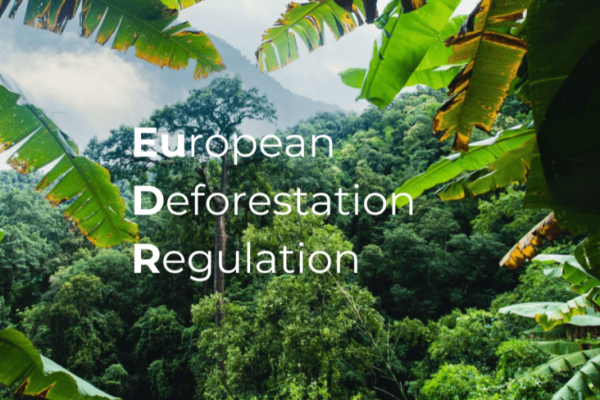The European paper and printing industry is facing strict deforestation regulations with the EUDR. This text was due to come into force in December 2024, but technical difficulties prompted stakeholders to request a postponement. This request appears to have been granted, bringing relief to a sector under stress.
This regulation aims to prevent global deforestation by imposing strict restrictions on the import and use of products linked to deforestation, such as wood, paper, cocoa, soy, palm oil, coffee and rubber. It requires these products to come from land that has not been degraded or subjected to deforestation since a specific date, usually 2018, and imposes traceability obligations to guarantee their legal and sustainable origin.
The one-year postponement of EUDR implementation has brought real relief to Europe's paper and printing industry. The regulation requires full traceability of forest products to ensure that they do not come from degraded land from 2018. The complexity of this regulation and the uncertainties associated with managing tracking databases prompted industry players to request additional time to comply.
Indeed, companies in this sector must not only guarantee the legal origin of their raw materials, but also implement effective traceability tools to comply with EUDR requirements. This represents a major technical challenge, particularly for smaller companies who do not have the resources to deploy these technologies quickly.
One of the main stumbling blocks in the implementation of the EUDR concerns databases. These, designed to record and trace the origin of forest products, are still not fully operational or harmonized on a European scale. This lack of clarity over the operation of these tracking systems has been at the heart of postponement requests from various federations in the graphics industry, including Intergraf.
Intergraf, representing the graphic arts industry in Europe, has been one of the most active voices calling for a postponement. The organization argued that, despite the industry's efforts to prepare for the new regulations, crucial questions remained unanswered. In particular, it insisted on the need for harmonized, workable implementation of the regulation to avoid disparities between member states.
Despite the difficulties encountered, players in Europe's paper and printing industry support the objectives of the EUDR. Jori Ringman, Managing Director of the Confederation of European Paper Industries (Cepi), stressed the importance of this regulation in the fight against deforestation and the protection of forests. He also acknowledged that the sector depends on healthy forests to ensure its own sustainability.
However, Jori Ringman also stressed the need to take time to implement the regulation properly. He insisted that the EUDR was "too important not to implement properly" and that the extra time would enable the EU and its trading partners to better eradicate deforestation.
The postponement of EUDR implementation is an important first step for the paper and printing industry, but many challenges remain. Companies in the sector will need to continue adapting to traceability requirements, while keeping a close eye on developments in databases and tracking systems.









